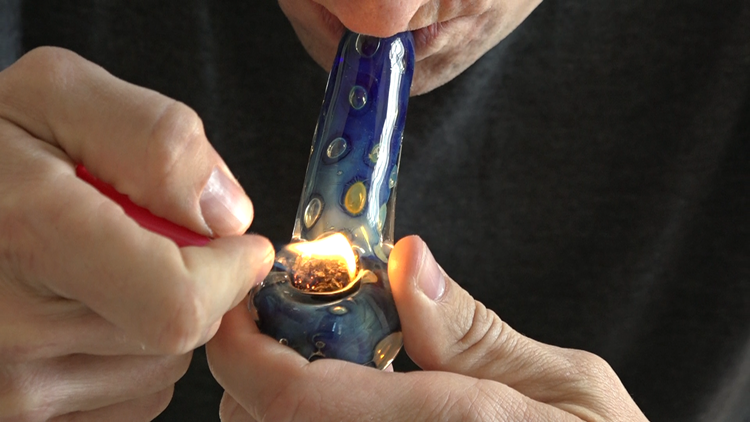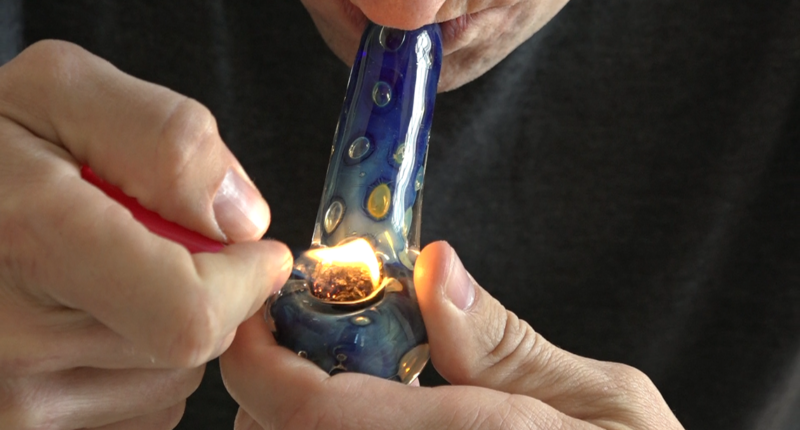
Doctors warn cannabis can complicate surgeries by affecting anesthesia and heart rate, they urge patients to disclose usage for safer procedures.
GRAND RAPIDS, Mich. — As cannabis use becomes more mainstream, doctors are raising concerns about how it can affect patients during surgery.
Experts in the medical field explain that marijuana can remain present in the body for an extended period, particularly with regular consumption methods such as smoking, vaping, or consuming edibles. This extended presence of marijuana can disrupt the effectiveness of anesthesia, potentially increasing the risks associated with surgeries.
When an individual has cannabis in their system, it can result in prolonged and erratic effects due to the same enzymes being responsible for metabolizing both marijuana and many anesthesia medications. Consequently, doctors might need to administer higher doses of anesthesia to ensure patients remain sedated throughout the procedure.
Furthermore, the use of cannabis can elevate heart rate, affect blood pressure levels, and complicate post-operative pain management. Additionally, it may enhance airway activity, leading to complications like laryngospasm or bronchospasm, which hinder medical professionals in maintaining proper oxygenation for patients. Marijuana use can also slow down the emptying of the stomach, posing another risk factor during surgical operations.
Doctors say the best way to reduce these risks is simple: be honest. Patients should be upfront about any cannabis use—daily, occasional or edible—even if it’s legal.
“Cannabis isn’t harmless,” Dee Berry, CRNA & President of Michigan Association of Nurse Anesthetists said. “We’re not here to judge you. We just want to make the best plan of care.”
Physicians encourage patients to answer pre-surgery questions truthfully so medical teams can properly adjust care plans and avoid preventable complications.

















